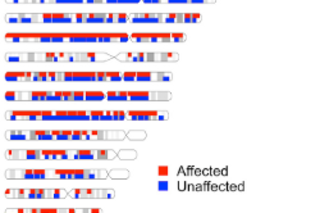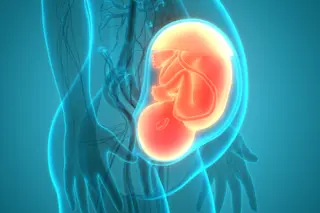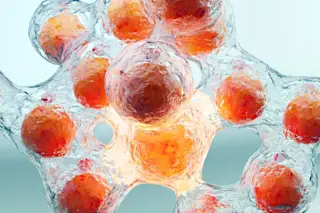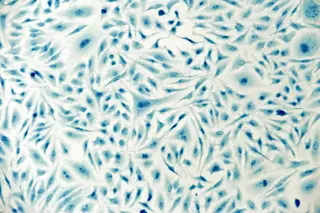Illustration of runs of homozygosity for affected and unaffected siblingsCredit: Intellectual Disability Is Associated with Increased Runs of Homozygosity in Simplex Autism It is generally understood that inbreeding has some negative biological consequences for complex animals. Recessive diseases are the most straightforward. The rarer a recessive disease is the higher and higher fraction of sufferers of that disease will be products of pairings between relatives (the reason for this is straightforward, as extremely rare alleles which express in a deleterious fashion in homozygotes will be unlikely to come together in unrelated individuals). But when it comes to traits associated with inbred individuals recessive diseases are not what comes to mind for most, the boy from the film
is usually the more gripping image (contrary to what some of the actors claimed the young boy did not have any condition). Some are curious about the consequences of inbreeding for a ...














